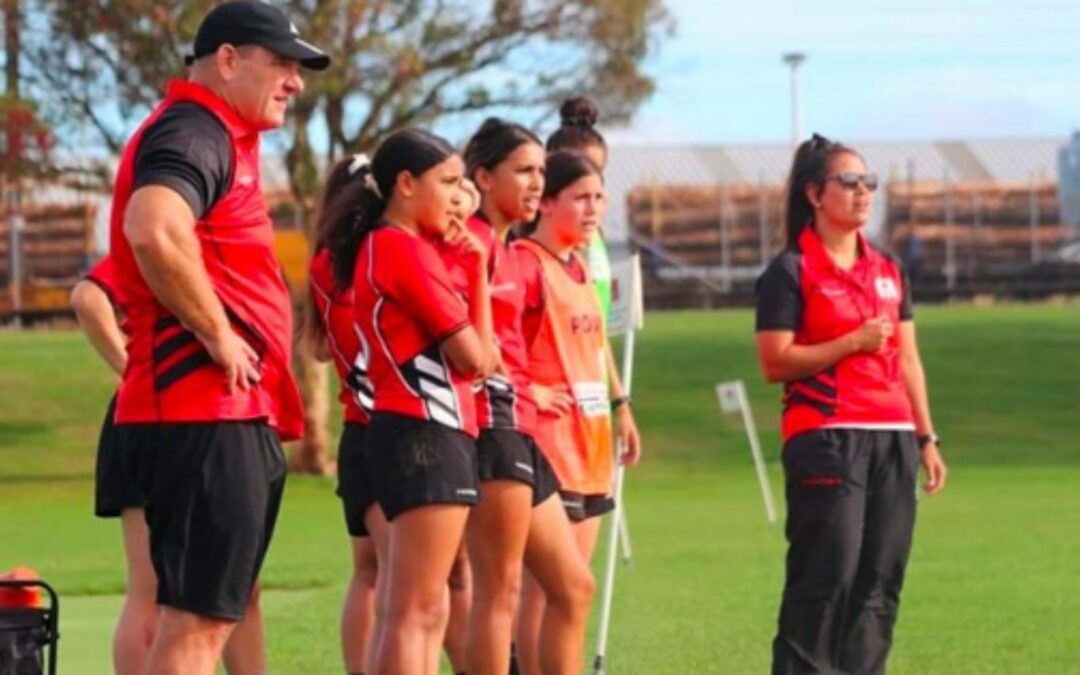The world of sports, traditionally dominated by men, is witnessing a remarkable shift. Women are not only excelling as athletes in various disciplines but are also breaking barriers as coaches in male-dominated sports. This evolution is not just altering the dynamics of coaching but also enriching the sports culture with diverse perspectives and strategies. For enthusiasts looking to bet on sports competitions across the globe, Melbet bookmaker stands out as the premier choice. Not only does it offer a comprehensive range of events, but Melbet Uganda also entices new clients with an attractive Melbet Uganda bonus, enhancing the betting experience right from the start.
Breaking Barriers
The journey of women coaches in male-dominated sports is a tale of perseverance, resilience, and breaking stereotypes. Historically, coaching positions, especially in high-profile sports such as football, basketball, and soccer, have been largely male-dominated. However, the past decade has seen a notable shift with more women stepping into these roles, challenging the status quo, and demonstrating that coaching prowess transcends gender.
One of the pioneering figures in this movement is Becky Hammon, who became the first full-time female assistant coach in the NBA when she was hired by the San Antonio Spurs in 2014. Similarly, in the NFL, Kathryn Smith made history in 2016 as the first full-time female coach when she was appointed by the Buffalo Bills. These trailblazers have not only showcased their strategic acumen but have also paved the way for other women to follow in their footsteps.
The success of these women has begun to challenge the long-held biases against women coaches in men’s sports. Their roles and contributions are slowly but steadily being recognized and appreciated, fostering a more inclusive coaching environment. The impact of these women extends beyond just their immediate teams; they serve as role models, inspiring a new generation of female coaches to pursue their dreams in all levels of sport.
A New Perspective on Leadership
Women coaches bring unique perspectives and leadership styles to the table, which can be incredibly beneficial for male-dominated sports teams. Their approach often emphasizes communication, emotional intelligence, and player welfare alongside traditional aspects of physical performance and strategy. This holistic approach to coaching can lead to a more inclusive and supportive team environment, fostering player development both on and off the field.

The presence of women in coaching positions also challenges and expands the traditional notions of leadership in sports. It demonstrates that effective leadership and strategic thinking are not gender-specific traits but are instead qualities that can be possessed by anyone with the right skills, knowledge, and passion for the game.
Impact on Team Dynamics
The inclusion of women as coaches in male-dominated sports can significantly impact team dynamics. Players exposed to diverse coaching styles are likely to develop a broader understanding of the game, enhanced teamwork skills, and a deeper respect for diversity and inclusion. This exposure can break down gender stereotypes among athletes, promoting a more inclusive sports culture.
Moreover, the presence of women in these roles can encourage male athletes to embrace and respect leadership qualities in individuals regardless of gender. This shift can contribute to changing societal perceptions more broadly, as sports often serve as a microcosm of society.
The Road Ahead
While the progress of women coaches in male-dominated sports is inspiring, there is still a long road ahead. Institutional barriers, cultural biases, and a lack of opportunities continue to hinder the full integration and recognition of women in these roles. However, the growing acceptance and success of women coaches indicate a positive trend toward gender diversity in sports coaching.
For the sports industry to fully embrace this change, continued advocacy, policy reforms, and support systems are crucial. Creating more pathways for women to enter and excel in coaching at all levels of sport is essential. This includes not only professional leagues but also collegiate and youth sports, where the foundation of sports culture is often built.

In conclusion, the growing impact of women coaches in male-dominated sports is a testament to the strength, strategy, and diversity they bring to the field. Their successes challenge outdated stereotypes, enrich team dynamics, and pave the way for a more inclusive future in sports. As society continues to evolve, the contributions of these pioneering women will undoubtedly play a crucial role in shaping the next generation of sports leaders.



